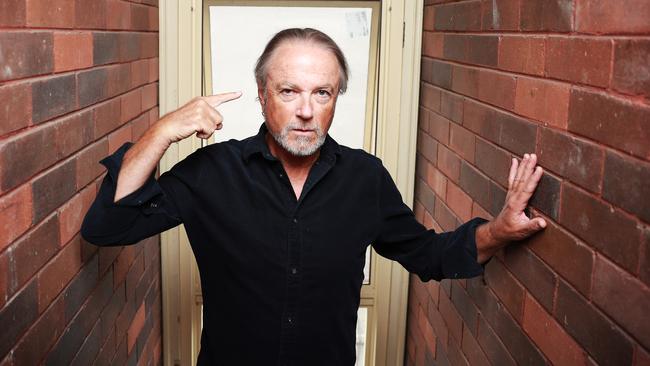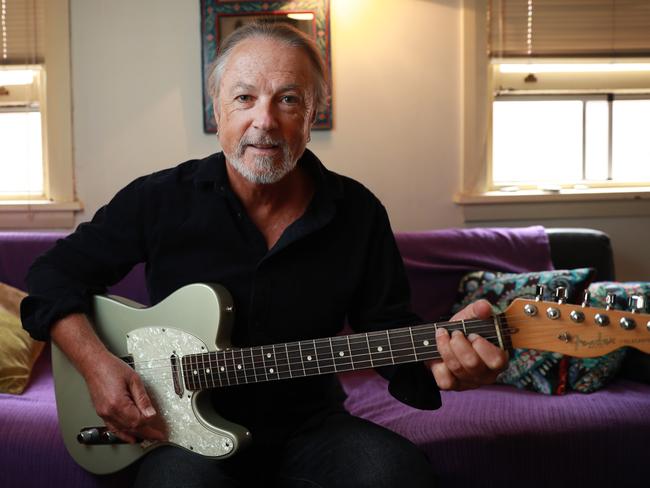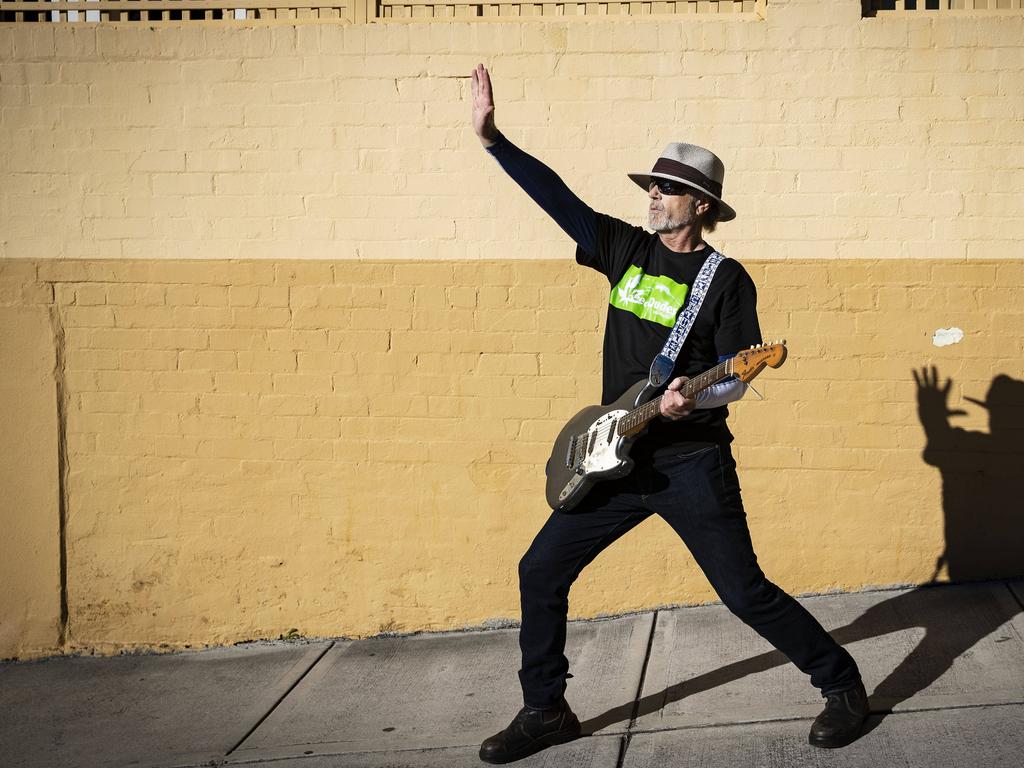Steve Kilbey hears clearly now, the pain is gone
The Church frontman’s sense of weary resignation has recently been replaced by a new-found optimism thanks to new in-ear technology.

Since about 1990, Steve Kilbey has learned to live with the unfortunate effects of his “screaming tinnitus”, a hearing loss condition that the singer, songwriter and frontman of rock band The Church compared to being surrounded by a forest of cicadas.
“It’s a conundrum: I’m a rock musician, and every time I play, it makes it worse,” Kilbey told The Australian in 2018. “I’m going deaf for a living.”
His sense of weary resignation has recently been replaced by a new-found optimism thanks to new in-ear technology from a hearing aid company.
It’s a major turnaround for one of Australia’s best-known rock musicians, who had previously struggled with conversations in taxis, cafes and restaurants. In such situations, Kilbey would inevitably slump into a defeated funk: his friends might as well have been speaking a foreign language.
The accumulated effects of tinnitus affected his livelihood, too, as his failing ears meant he could no longer be involved in the final mix of albums by The Church and his solo projects.
“I couldn’t tell if the tambourine was too loud or not, because things like acoustic guitars and hi-hats (cymbals) — a lot of those things were going underneath the noise in my ear,” said Kilbey, 66.

That has all changed thanks to the Beltone Imagine, a tiny microphone and receiver placed in the ear canal that can be controlled via Bluetooth and a smartphone app.
For Kilbey, who has been wearing the hearing aids for about a month, the improvement in his quality of life has been remarkable. Not only is he revisiting some of his favourite music and hearing aspects that had been inaudible for decades, but in his own work — such as his recent album Eleven Women — he can now hear 12-string guitars in their full glory.
“All the mental energy and strategies that I’ve invested in learning to negotiate deafness — that’s been eliminated now,” he said.
Of his transformation, Kilbey said, “It’s only early days, but it’s a great relief. It’s making a good job of a bad thing, as my mother would probably say.”
His story has parallels with Brian Johnson, the AC/DC singer who was forced to leave the band mid-tour in 2016 after doctors suggested he risked permanent hearing loss if he continued.
As a result of innovative in-ear audio technology developed by a US inventor, Johnson returned to record vocals for Power Up, the band’s 17th album, which recently debuted at No 1 in 18 countries including Britain and the US, and has now spent three weeks atop the ARIA chart in Australia.






To join the conversation, please log in. Don't have an account? Register
Join the conversation, you are commenting as Logout